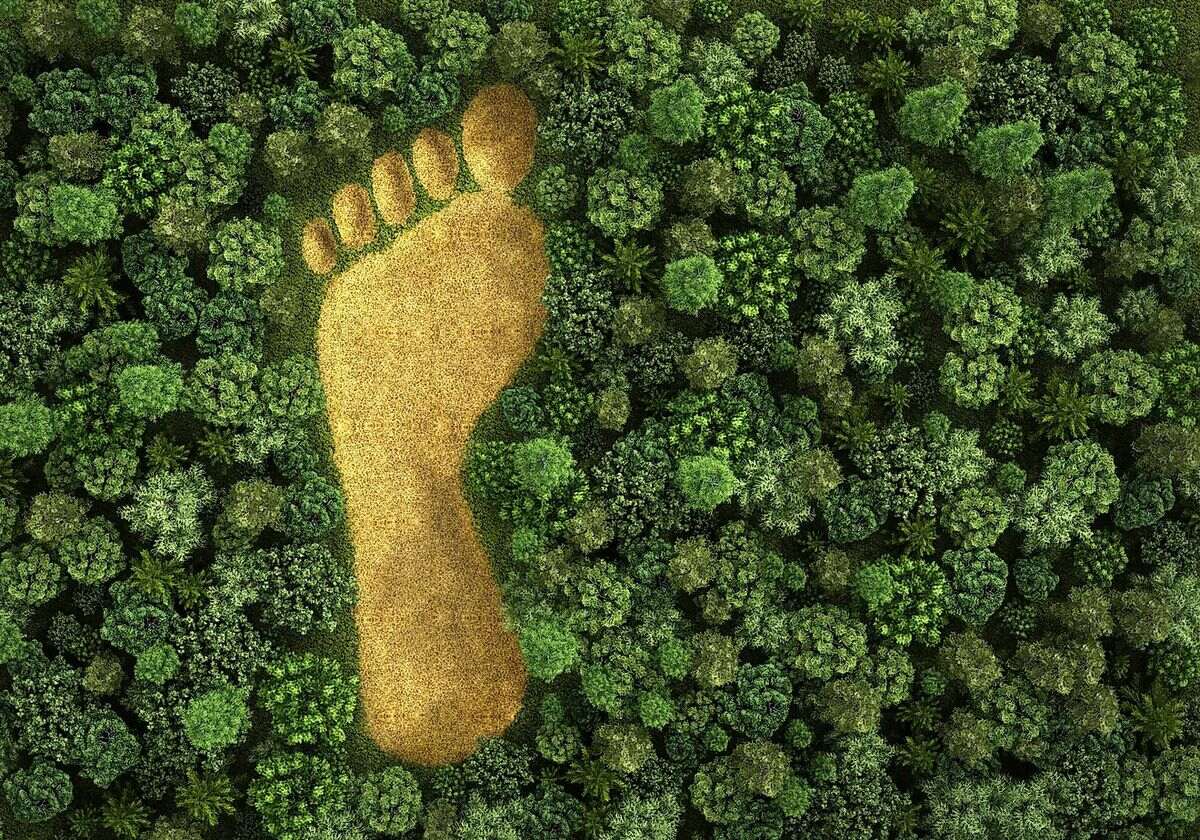Understanding our ecological footprint is key to making more sustainable choices and preserving the environment for future generations. This quiz will challenge your knowledge on various aspects of human impact on the planet, from energy consumption to waste management. Are you ready to see how much you know about reducing your ecological footprint and living a more eco-friendly life? Let’s get started!
We recommend that you do not leave the page that you are taking this quiz in. Stay honest 🙂
Ecological Footprint Quiz Questions Overview
1. What is the definition of an ecological footprint?
The amount of land and water area a human population needs to produce the resources it consumes and to absorb its wastes.
The amount of carbon dioxide emissions produced by a human population.
The total amount of energy consumed by a human population.
The number of species that go extinct due to human activities.
2. Which of the following activities contributes the most to an individual’s carbon footprint?
Driving a car
Using public transportation
Recycling
Using energy-efficient appliances
3. Which country has the largest ecological footprint per capita?
United States
China
India
Australia
4. What percentage of the world’s energy consumption is currently provided by renewable sources?
10%
25%
50%
75%
5. Which of the following is NOT a renewable energy source?
Solar power
Wind power
Natural gas
Hydroelectric power
6. What is the primary benefit of using energy-efficient appliances?
Lower energy bills
Increased water usage
Higher initial cost
More frequent repairs
7. Which of the following practices can significantly reduce water consumption at home?
Taking shorter showers
Using a dishwasher
Watering the lawn daily
Washing clothes in hot water
8. What is the main purpose of composting organic waste?
To reduce landfill waste
To increase landfill waste
To produce methane gas
To attract pests
9. Which of the following materials is NOT recyclable?
Glass bottles
Plastic bags
Aluminum cans
Cardboard
10. What is the primary cause of deforestation?
Urban development
Agricultural expansion
Climate change
Natural disasters
11. Which of the following actions can help reduce plastic pollution in the oceans?
Using reusable bags
Using single-use plastic bottles
Littering
Ignoring recycling guidelines
12. What is the main environmental benefit of eating a plant-based diet?
Reduced greenhouse gas emissions
Increased water usage
Higher energy consumption
Greater land use
13. Which of the following is a sustainable practice for managing household waste?
Incinerating waste
Dumping waste in landfills
Recycling and composting
Burning waste in the backyard
14. What is the primary goal of sustainable development?
To meet the needs of the present without compromising the ability of future generations to meet their own needs
To maximize economic growth
To increase industrial production
To expand urban areas
We recommend that you do not leave the page that you are taking this quiz in. Stay honest 🙂











